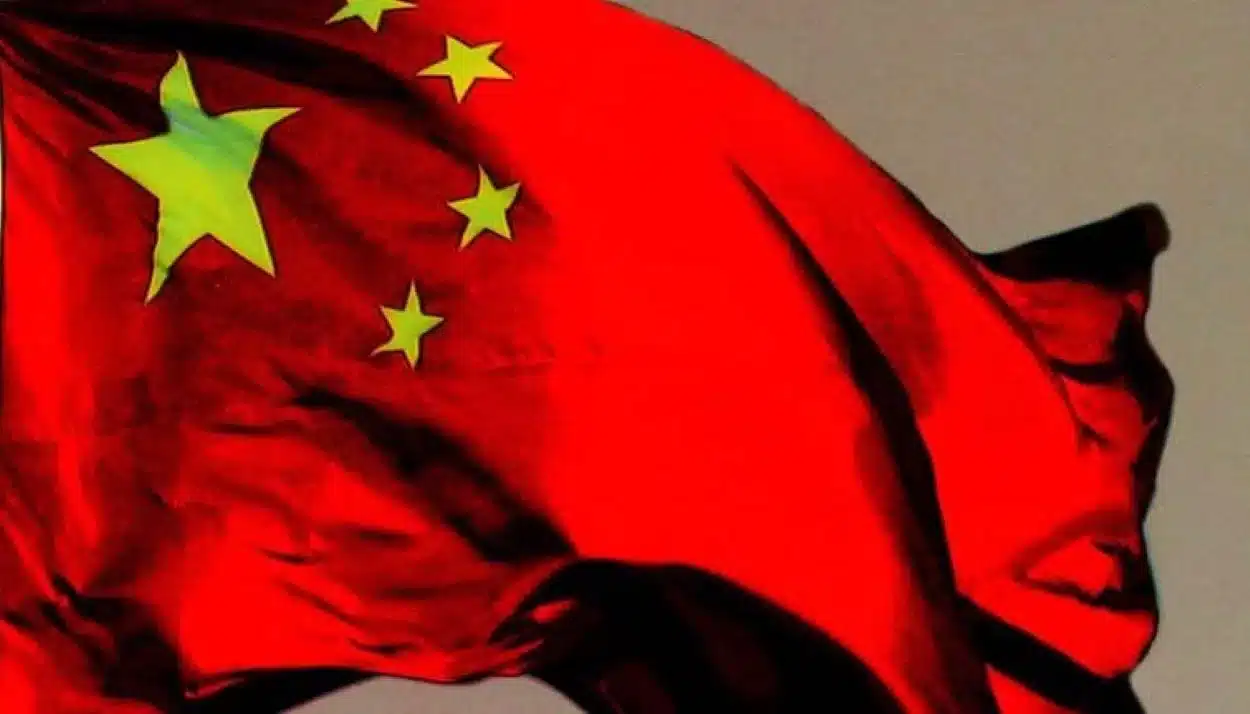In a recent development, China has consented to reschedule Pakistan’s publicly guaranteed debt exceeding $2 billion for two years.
The significant relief to Pakistan government is currently focusing on restoring foreign exchange reserves by securing new loans and rolling over maturing debt.
The revised terms of the agreement between Islamabad and Beijing received the approval of the Cabinet’s Economic Coordination Committee (ECC), as stated by top Pakistani officials. The meeting presided over by Finance Minister Ishaq Dar, was crucial for Pakistan’s financial stability.
It’s important to note that Pakistan has constructed two nuclear power plants in Karachi, funded by the $6.5 billion loan extended by the Export-Import (Exim) Bank of China. These plants have a total generation capacity of 2,117 megawatts and were built at $9.5 billion.
Impact of Debt Rescheduling on Pakistan’s Financial Outlook
Out of the $2 billion debt, over $625 million was maturing this fiscal year. However, this repayment will now be paused, offering financial respite to the Pakistani government. The $6.5 billion loan from China is a publicly guaranteed debt, with over $2 billion in repayments due in the next two years, upon which China has agreed to hold off.
In the past, China has consistently aided Pakistan in meeting its debt obligations by providing new loans and rolling over existing debt. Earlier in June, China prematurely refinanced its $1.3 billion commercial loans, thereby saving Pakistan from defaulting on its international debt obligations. This proved particularly helpful when the International Monetary Fund program was stalled.
Since the new IMF programme was signed, Pakistan’s gross official foreign exchange reserves have surged to $8.7 billion, recovering from the critically low level of $4.5 billion before the IMF deal.
The ECC also approved an Rs200 million technical supplementary grant for the Special Investment Facilitation Council (SIFC), a civil-military hybrid council formed to attract investments from the GCC and other countries across sectors such as defence, agriculture, mineral, IT, and energy.
Several other topics were discussed, and approvals were granted during the ECC meeting, including increased cess rates on various types of tobacco, revision of electricity rates for cinema houses, and export procedures for vegetable ghee/cooking oil.
However, the ECC deferred a decision on a summary proposed by the Petroleum Division to resolve the expired lease issue of Sui Mining. The matter has been pushed for further discussion with the government of Balochistan, as the original lease of the Sui mining had expired in 2015. Despite a memorandum of agreement signed between the Petroleum Division and the Balochistan government in 2016, the latter refused to implement the agreement.






